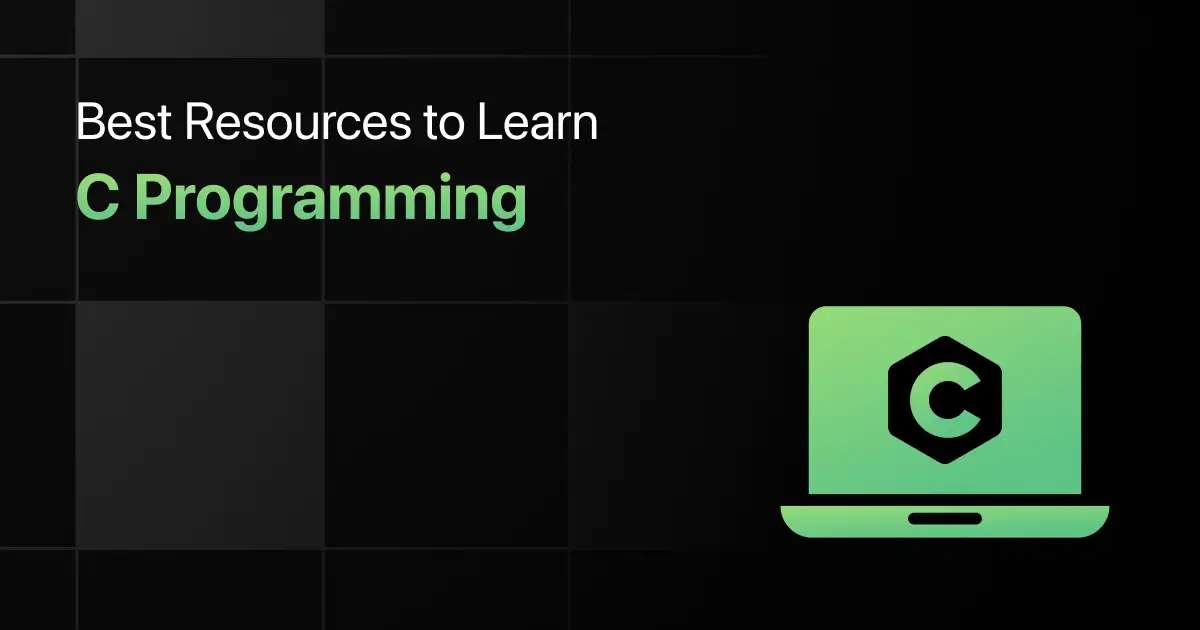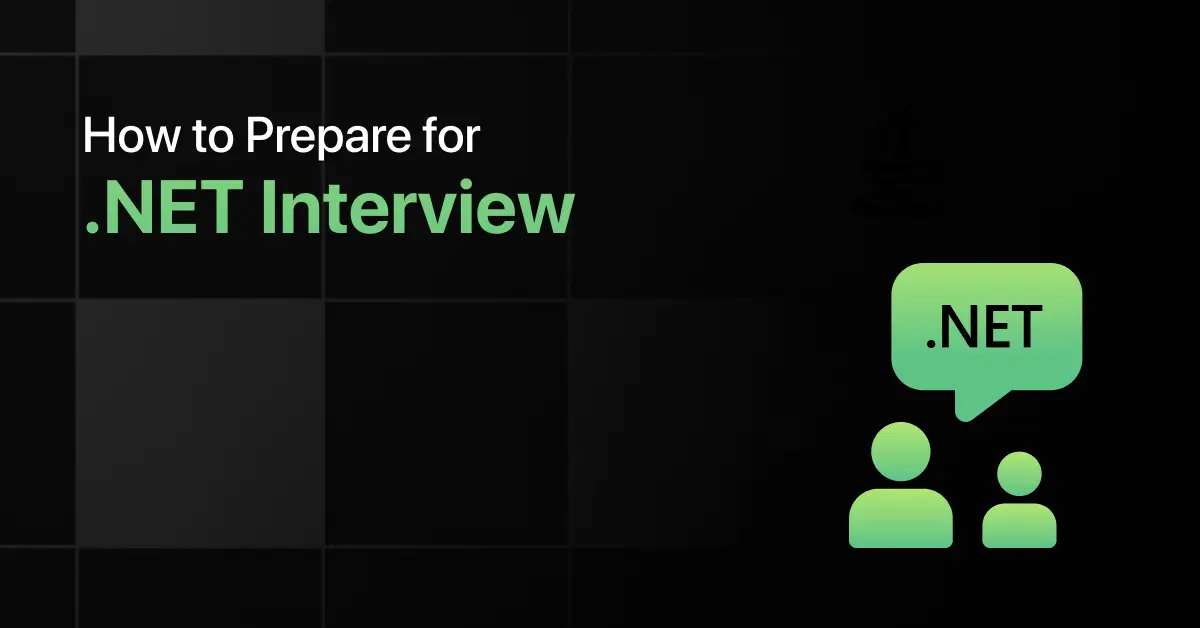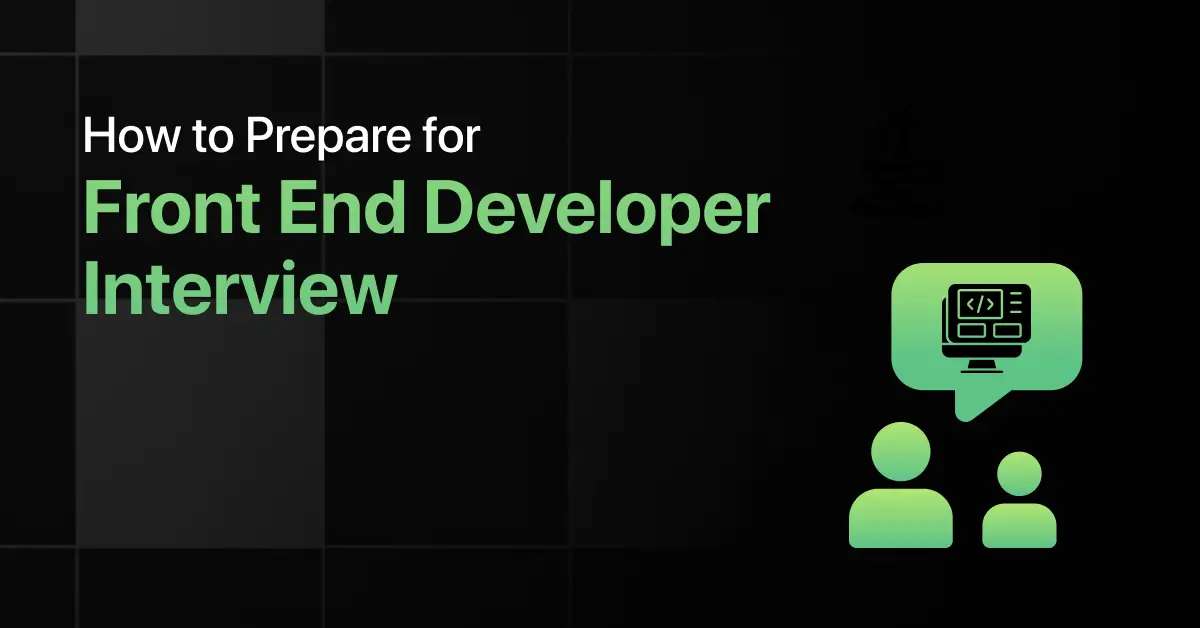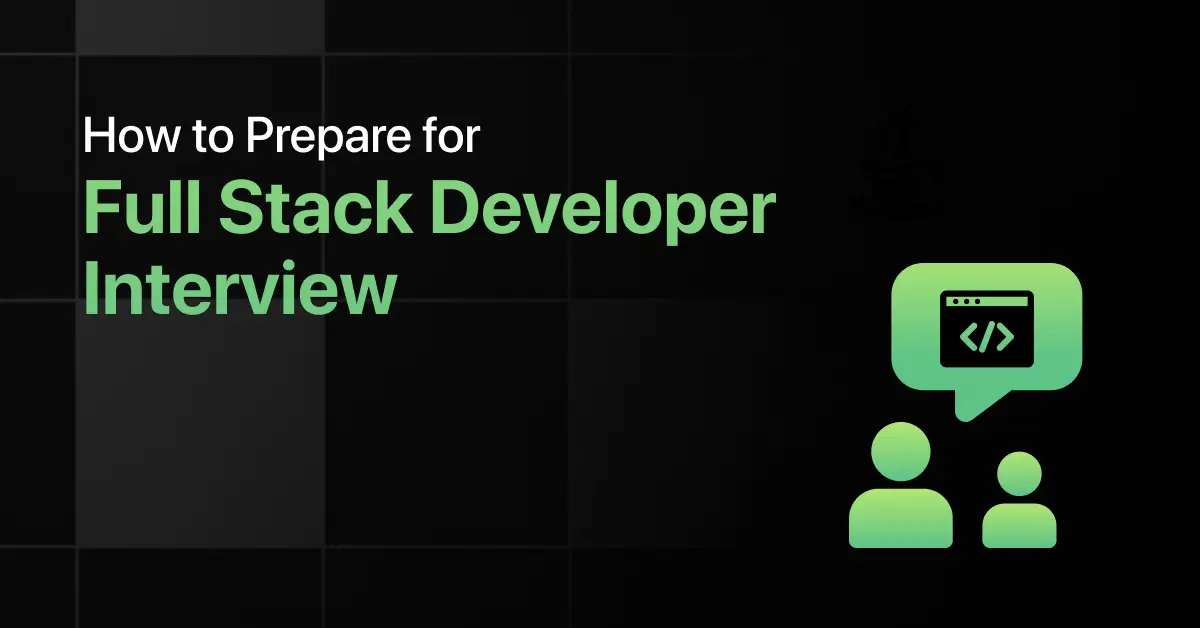Best Resources to Learn C Programming

C is a foundational programming language that forms the basis for understanding how software interacts with hardware. It is known for its simplicity, speed, and low-level access to memory, which makes it ideal for learning core programming principles and system-level development.
In 2025, C continues to be a relevant and valuable language to learn, especially for those pursuing careers in embedded systems, operating systems, firmware development, or competitive programming. This article lists the best resources to help you learn C step by step so you can build a strong base in programming and prepare for job roles that require precision and performance.
A Quick Overview of C Programming
| Popular Use Cases | C is widely used in embedded systems, operating systems, firmware, IoT devices, and system programming. |
| Learning Curve | C has a moderate to steep learning curve due to manual memory management and limited abstraction. |
| Demand in India | C remains in demand for roles in electronics, robotics, embedded systems, and low-level software engineering. |
| Job Roles | Roles include Embedded C Developer, Systems Programmer, Firmware Engineer, Robotics Programmer, and Software Developer. |
| Salary Range | Entry-level C programmers earn ₹3–5 LPA, while experienced professionals in embedded domains earn ₹10–20 LPA or more. |
| Top Companies Hiring | Top recruiters include Bosch, Qualcomm, Intel, Tata Elxsi, Infosys, and companies working in automotive and embedded solutions. |
Key Concepts to Learn in C Programming
To become confident in C programming, it is essential to build a solid understanding of these core concepts:
- Variables and Data Types: Learn how data is stored and manipulated using C’s primitive data types and format specifiers.
- Operators and Expressions: Understand how to perform calculations and logical operations using arithmetic, relational, and bitwise operators.
- Control Structures: Use if, else, switch, loops, and nested conditions to manage the program’s flow.
- Functions and Recursion: Write reusable code blocks and understand the use of recursion to solve complex problems.
- Arrays and Strings: Learn how to store collections of data and manipulate character sequences.
- Pointers: Understand the concept of memory addresses, dereferencing, pointer arithmetic, and how pointers are used in arrays and functions.
- Structures and Unions: Work with user-defined data types to manage grouped data logically.
- File Handling: Read from and write to files using standard file input and output functions.
- Dynamic Memory Allocation: Use malloc, calloc, realloc, and free to manage memory at runtime.
- Preprocessor Directives: Understand macros, #define, conditional compilation, and include guards to manage code during compilation.
Best Online Resources to Master C Programming
C is best learned through a structured approach that begins with syntax and simple logic, followed by problem-solving using arrays and pointers, and finally advancing into memory management and system-level code.
The resources below are organized in a logical flow to help you move confidently from beginner concepts to placement-level readiness.
Getting Started
If you’re new to C programming, begin with simple tutorials and guided lessons that explain how programs are structured and executed.
1. YouTube Channels
YouTube tutorials are a helpful way to understand how C works through real-time examples. These videos explain everything from writing your first printf statement to understanding pointers, all in a beginner-friendly style.
Learning Outcomes:
- Understand basic C syntax and structure
- Learn how to compile and run C programs
- Explore concepts like variables, loops, and conditions
- Follow visual explanations to reinforce understanding
Mode of Learning: Online and self-paced
2. Free Courses
Free C programming courses offer a structured approach to learning core topics like data types, control flow, functions, and memory management. These courses help beginners build a solid programming foundation.
Learning Outcomes:
- Learn C step by step through structured lessons
- Understand the use of arrays, pointers, and functions
- Practice problem-solving with simple tasks
- Build comfort with procedural programming
Mode of Learning: Online
Hands-On Practice
Practice is essential when learning C. Apply what you’ve learned by solving small challenges and revisiting key concepts through hands-on coding.
1. Coding Exercises
Coding exercises allow you to practice the most important parts of C programming like conditions, loops, arrays, and functions. These challenges help improve logic and speed.
Learning Outcomes:
- Practice real coding problems using C
- Understand how to manage memory and arrays
- Strengthen logic and implementation skills
- Prepare for technical evaluations
Mode of Learning: Online
2. Programming MCQs
Multiple choice questions are a useful tool for reviewing your understanding of core C topics such as syntax, operators, and function calls.
Learning Outcomes:
- Test your knowledge of fundamental concepts
- Identify mistakes and weak areas
- Prepare for theory-based assessments
- Reinforce memory with short quizzes
Mode of Learning: Online
3. Paid Courses
Paid courses offer a complete learning path with in-depth explanations, project work, and mentor support. These are ideal if you’re looking for a guided, job-oriented program.
Learning Outcomes:
- Master C with full-length lessons and hands-on tasks
- Apply concepts to solve real programming problems
- Learn to debug and test C code effectively
- Build strong fundamentals for further language learning
Mode of Learning: Online
Get Job-Ready
Once you’re comfortable with the core concepts, start working on mini projects and prepare for technical interviews to strengthen your job readiness.
1. Mini Projects
Mini projects allow you to apply your C skills in small yet meaningful programs. These help connect multiple concepts and simulate real-world applications.
Learning Outcomes:
- Apply functions, arrays, and structures in complete programs
- Learn how to break problems into manageable pieces
- Improve understanding of program design and flow
- Create projects for practice and interview preparation
Mode of Learning: Online
2. Interview Questions
Practicing interview questions helps you get familiar with real-world programming challenges and technical questions often asked in placement rounds.
Learning Outcomes:
- Prepare for technical interview formats
- Understand how to explain and debug C programs
- Practice answering conceptual and logic-based questions
- Improve readiness for both oral and written assessments
Mode of Learning: Online
Additional Resources
For further exploration and revision, these platforms offer helpful explainers, interactive lessons, and in-browser practice tools.
1. GUVI Learning Hub
The learning hub includes quick lessons, topic explainers, and focused articles that help reinforce understanding through repetition and clarity.
Learning Outcomes:
- Review key topics using short and simple lessons
- Strengthen weak areas with targeted content
- Use for revision and concept reinforcement
- Complement your main learning path
Mode of Learning: Online
2. Learn C
Learn-C.org provides a hands-on environment to practice C programming directly in the browser. It’s ideal for learners who want to experiment with code and get immediate feedback.
Learning Outcomes:
- Learn C concepts through interactive exercises
- Practice directly in the browser without setup
- Explore basic to intermediate coding topics
- Gain confidence through instant results
Mode of Learning: Online
Tips to Learn C Programming Effectively
Begin with Logic Building: Start with simple programs like printing patterns, working with conditions, and solving basic mathematical problems. This will help you build a strong programming mindset before diving into complex topics.
Understand Pointers Early: Do not postpone learning pointers. Begin practicing pointer basics as soon as you are comfortable with variables and arrays, as they are central to working efficiently in C.
Solve Memory-Based Problems: Focus on problems involving dynamic memory allocation and pointer arithmetic. These are commonly asked in interviews and help you understand how memory works under the hood.
Use Practice Questions Regularly: After each concept, take a set of MCQs or small coding tasks to reinforce your understanding. This helps with retention and prepares you for competitive exams and interviews.
Create Mini Programs: Build small utilities like a student record system or a simple calculator. These projects allow you to apply structures, file handling, and function design together in a practical way.
Final Words
C programming helps you understand how computers actually execute code. It teaches you to think in terms of memory, logic, and performance. With consistent effort, hands-on practice, and a gradual approach to more advanced topics, you can become highly skilled in C.
Whether you are preparing for placements or learning programming fundamentals, mastering C is a valuable step in your journey.
Frequently Asked Questions
1. Is C programming beginner-friendly for absolute newcomers?
Yes, C can be learned by absolute beginners, especially those who want to build strong programming fundamentals and understand how software interacts with hardware.
2. What are the best resources to learn C programming for placement preparation?
The best resources include beginner tutorials, coding exercises, MCQs, file handling tasks, and structured interview question sets based on commonly asked C problems.
3. Can I learn C programming on my own?
Yes, you can learn C programming independently by following a step-by-step path with video lessons, practical exercises, and small projects.
4. Can I learn C programming for free with reliable resources?
Absolutely. There are multiple trusted platforms that offer free tutorials, exercises, and beginner-friendly challenges in C programming.
5. Which websites offer hands-on C coding practice?
Websites like PlacementPreparation and GUVI provide hands-on C programming exercises, projects, and quizzes for learners aiming to practice and prepare for placements.
6. What can I expect in a C programming technical interview?
C interviews often focus on pointer manipulation, array logic, recursion, structures, file handling, and memory-related problems that test both logic and efficiency.
7. How long will it take to learn C programming using these resources?
With regular practice and the right resources, you can learn core C programming concepts in about six to eight weeks and prepare for job interviews confidently.
Explore More Resources for
Related Posts


How to Prepare for .Net Interview
Are you preparing for a .NET interview but not sure which topics to prioritize? Many candidates struggle to balance C# fundamentals, …
Warning: Undefined variable $post_id in /var/www/wordpress/wp-content/themes/placementpreparation/template-parts/popup-zenlite.php on line 1050








